
Nissaf Ben Alaya: we must establish a preparedness system for the prevention of health crises
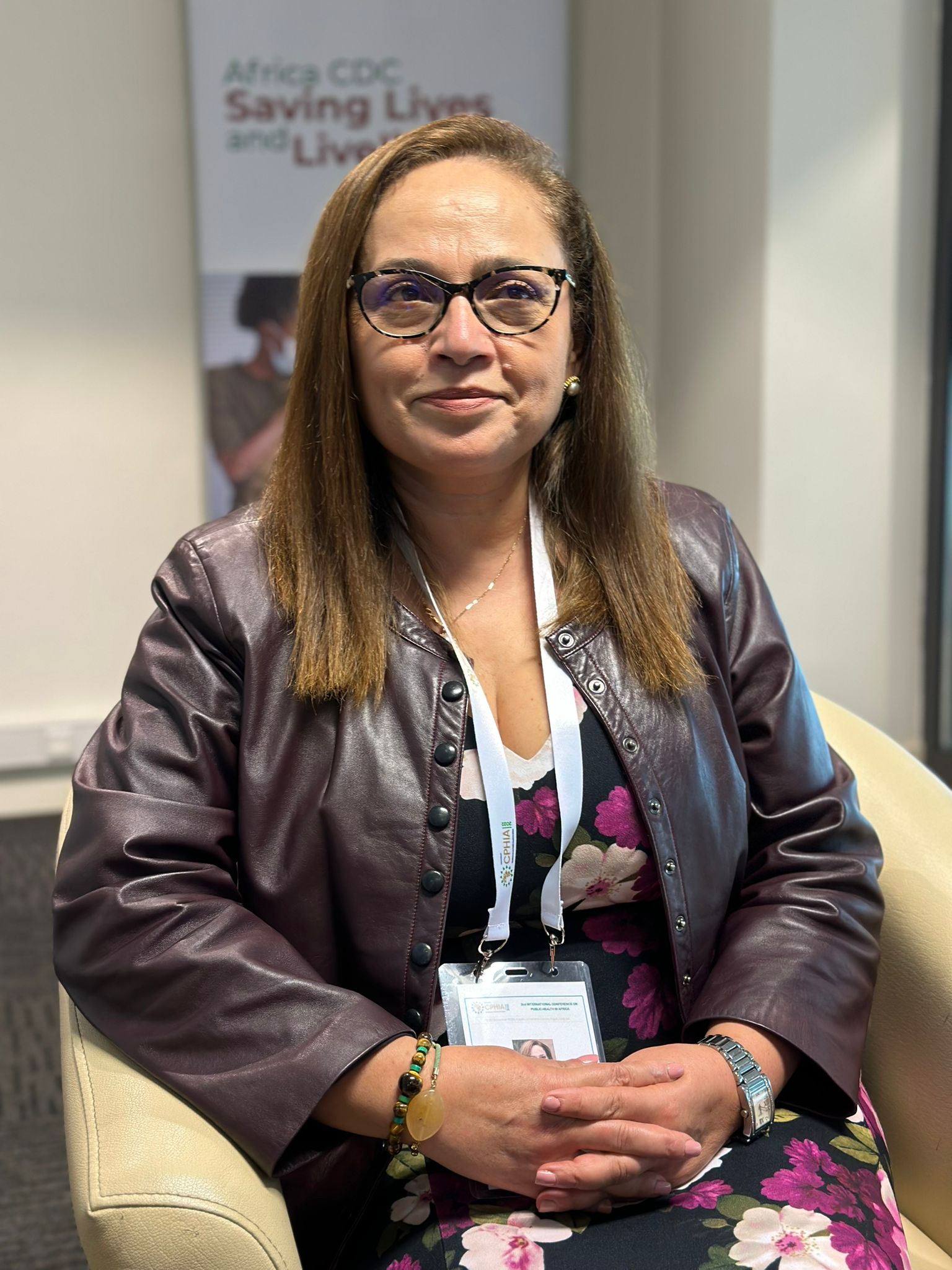
As part of the International Conference on Public Health (CPHIA), the spokesperson for the Ministry of Health, Nissaf Ben Alaya, addressed the COVID-19 crisis that affected the entire world. She highlighted the lessons learned from this crisis and the mechanisms African countries should adopt.
- What are the effects of the COVID-19 crisis in Tunisia and Africa?
COVID-19 has had both direct and indirect effects on health systems, not only in Tunisia but also across Africa. Many essential health services were severely disrupted, sometimes for extended periods. These disruptions have hindered the fight against major deadly diseases and screening programs. The pandemic has shown how fragile African health systems are and revealed the urgency of implementing interventions to restart these programs and strengthen health systems.
- After every health crisis, there are lessons to be learned. What have we learned from this pandemic?
This pandemic has taught us several lessons. The first is the importance of creating a strong intersectoral coordination mechanism endowed with all the necessary prerogatives to guide decision-making. Strengthening the role of the WHO in international coordination is also essential.
Another critical point is the inequality of access to healthcare and vaccines, particularly for the African continent, which was the last to benefit from vaccination. Africa must equip itself with the means to respond effectively to future health crises.
It is also crucial to improve the sharing of information and data in real time. We have noticed a significant delay in identifying the epidemic. Changing our attitude towards sharing information is imperative so that all countries can respond quickly and effectively to a pandemic.
Another issue was the misinformation that accompanied the pandemic. Scientists struggled to convince the public about the virus, health protocols, and prevention measures. We need to establish robust mechanisms to combat misinformation.
Finally, strengthening our diagnostic, treatment, and prevention capacities is necessary to better prepare for the future.
- How can we prepare to face future health crises?
Establishing a prevention system against health crises is essential. We must invest in health security, particularly in prevention infrastructure. This includes strengthening human resources, developing competent structures, and acquiring effective testing means to manage crises more smoothly.
Africa must no longer be stigmatized. Policymakers must support national public health institutes and local structures, provide them with the necessary resources, and allocate specific budgets for crisis management, setting aside political conflicts.
- Is Tunisia ready to face another pandemic?
No country in the world was ready for the coronavirus pandemic. For Tunisia, strengthening prevention programs, evaluating the strengths and weaknesses of the COVID-19 response, and developing a network of laboratories capable of effectively testing any pathogen is crucial. Additionally, ensuring access to vaccines and promoting the local production of medicines—all points we have already discussed in this seminar—is essential.
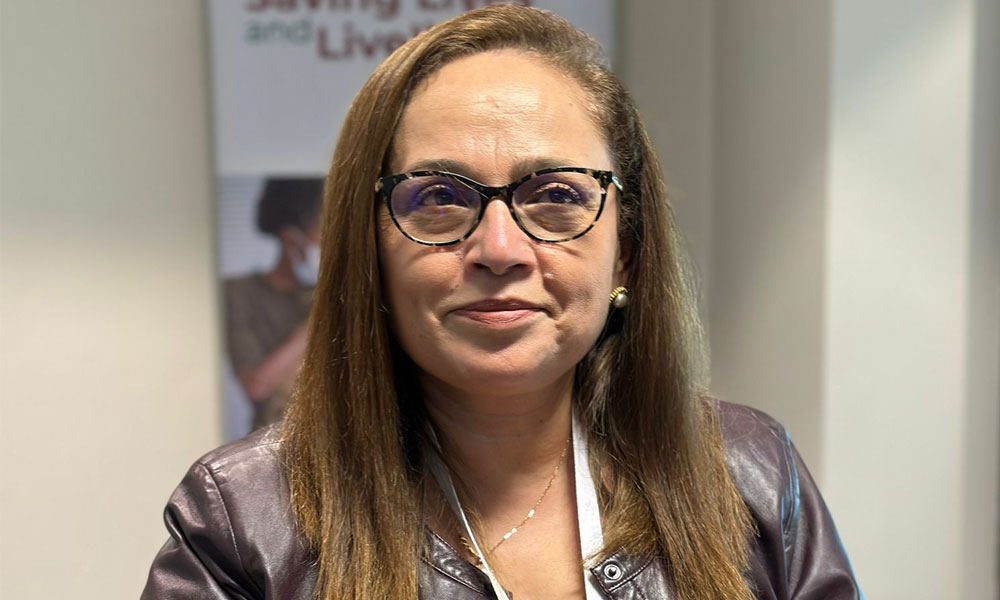






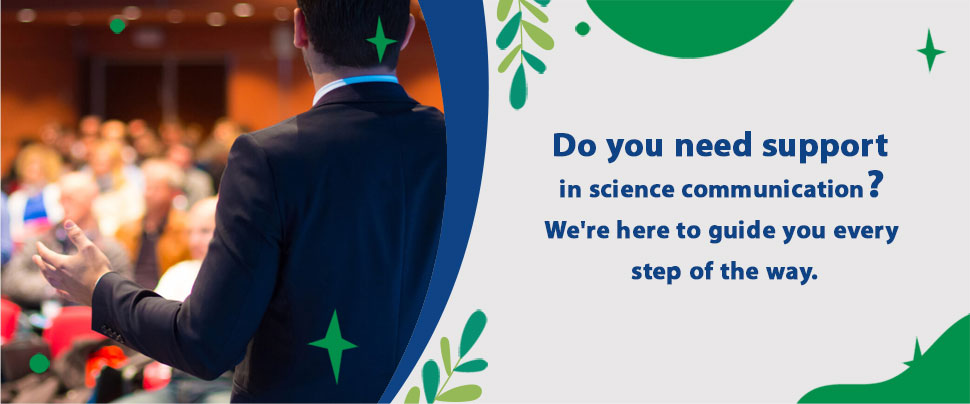

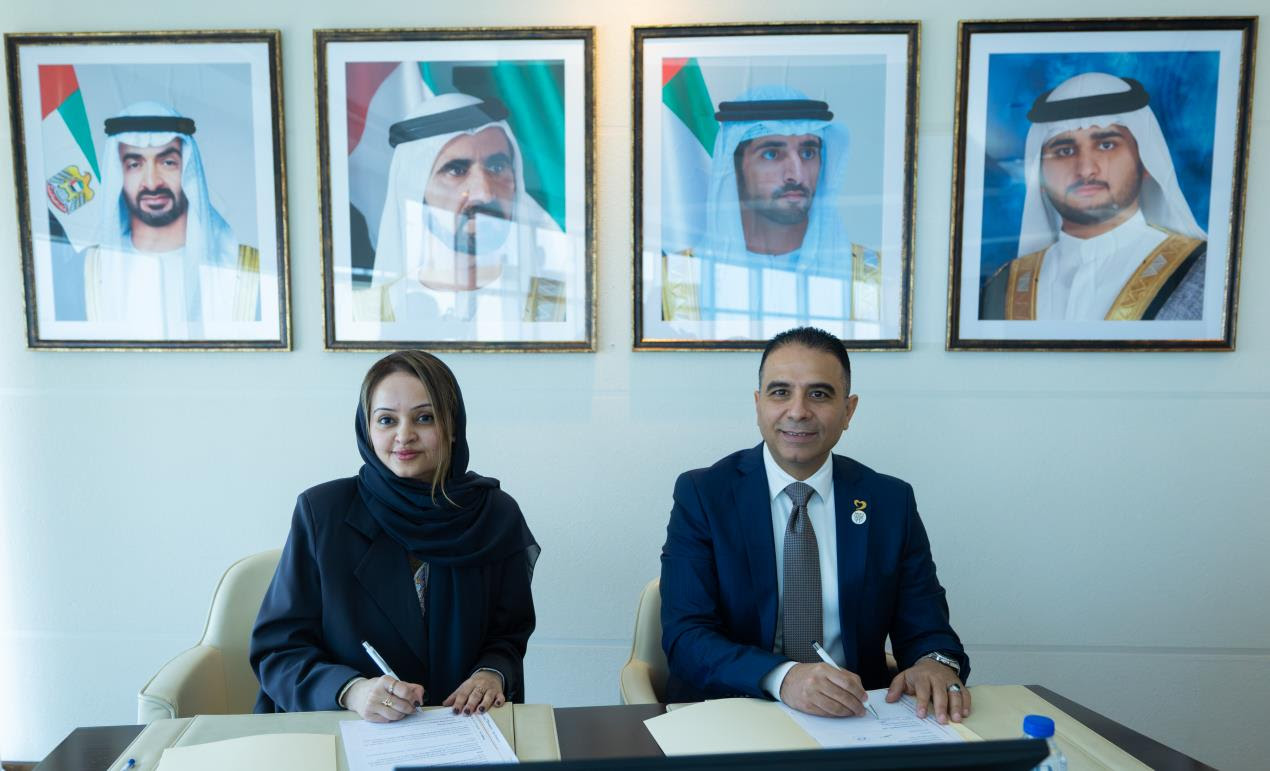

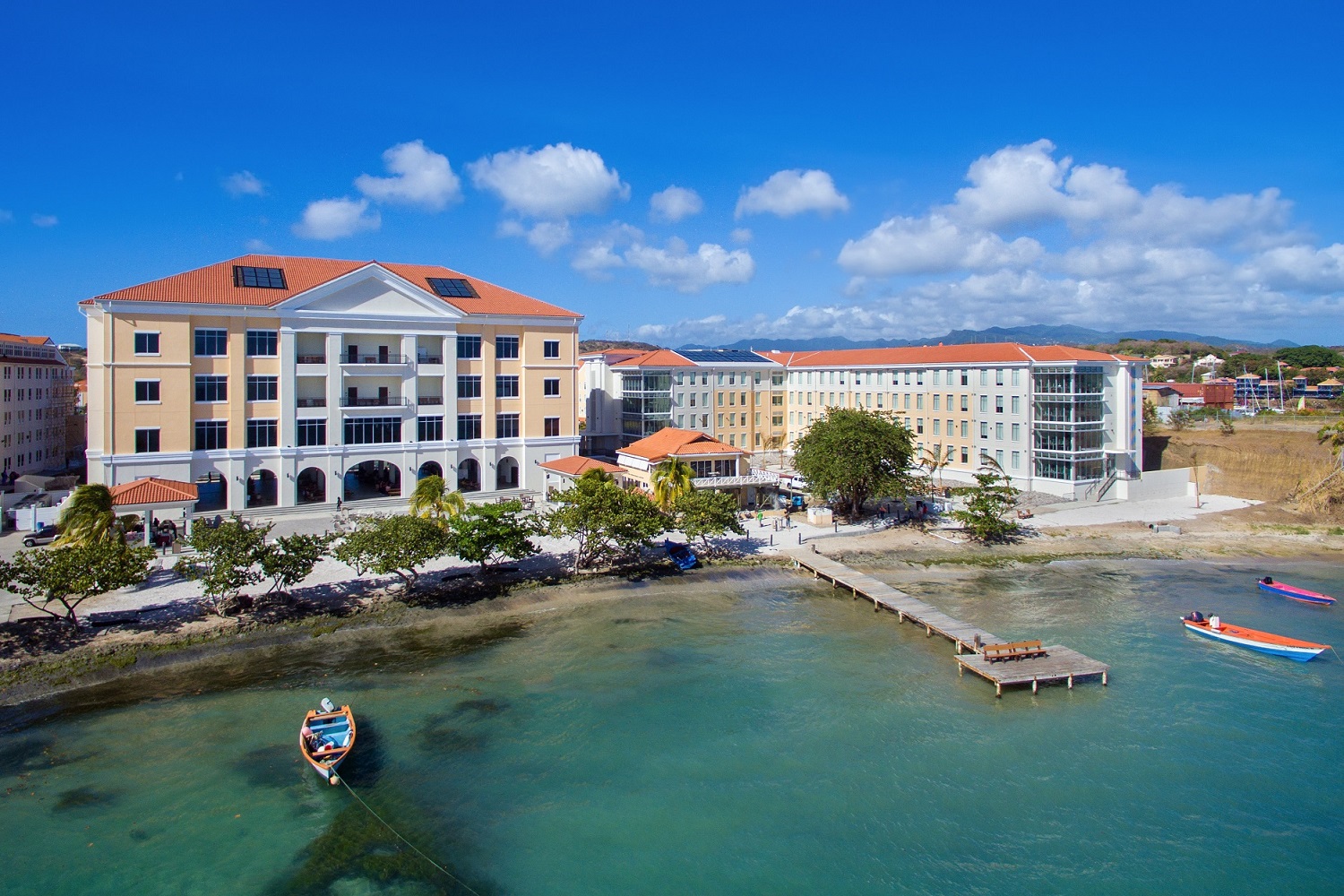




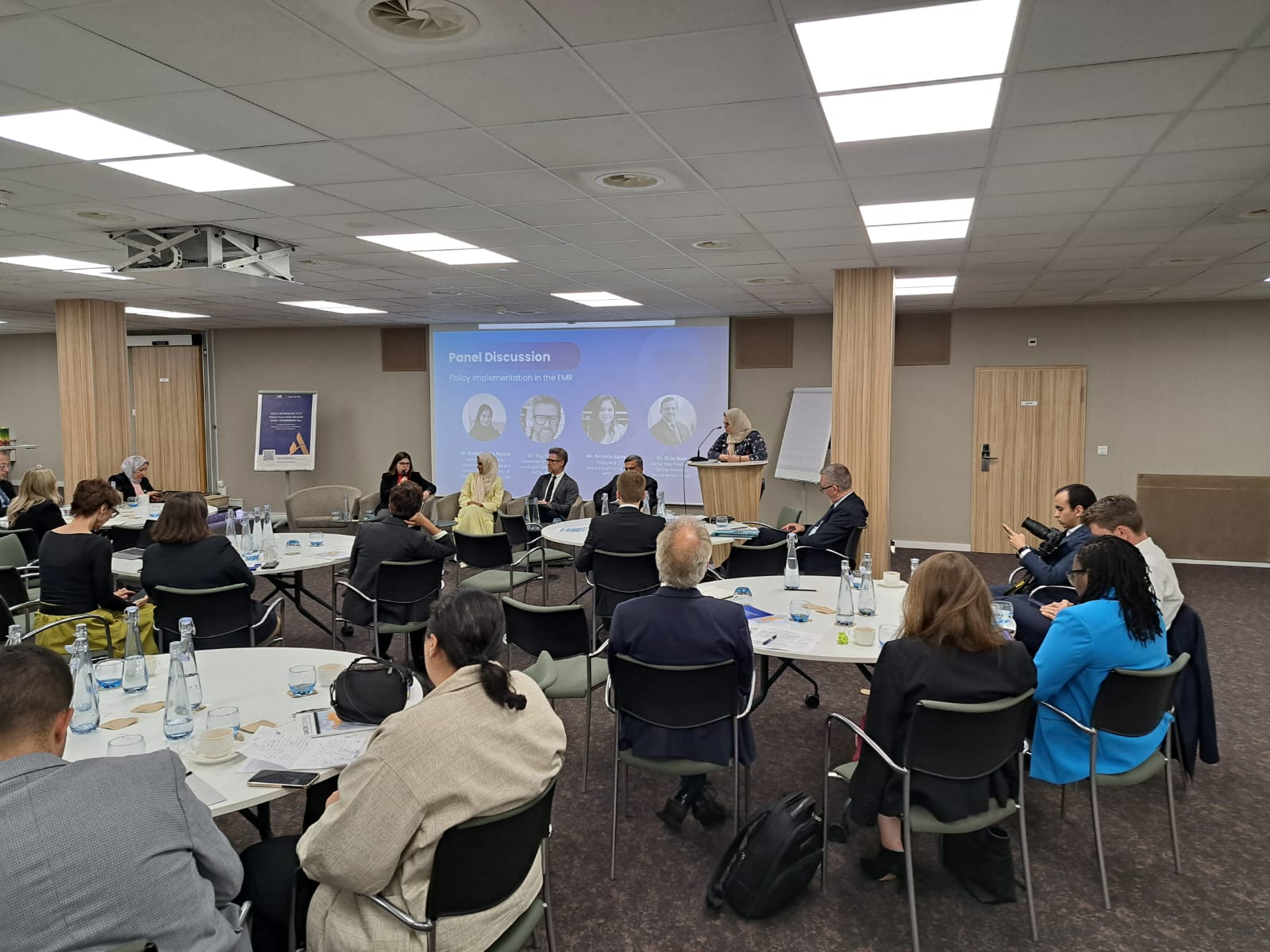





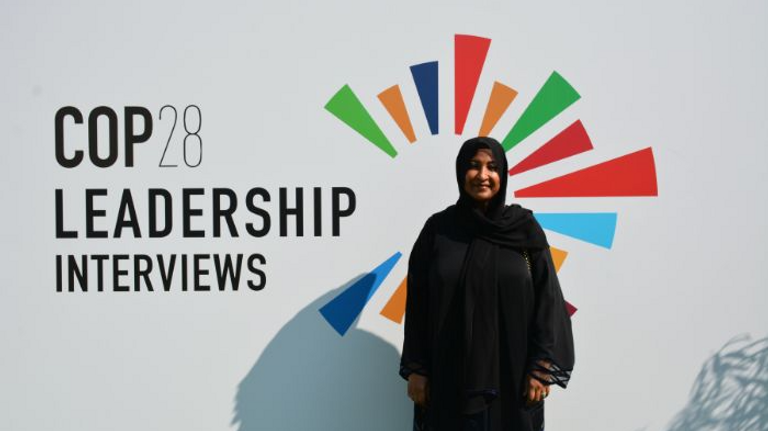
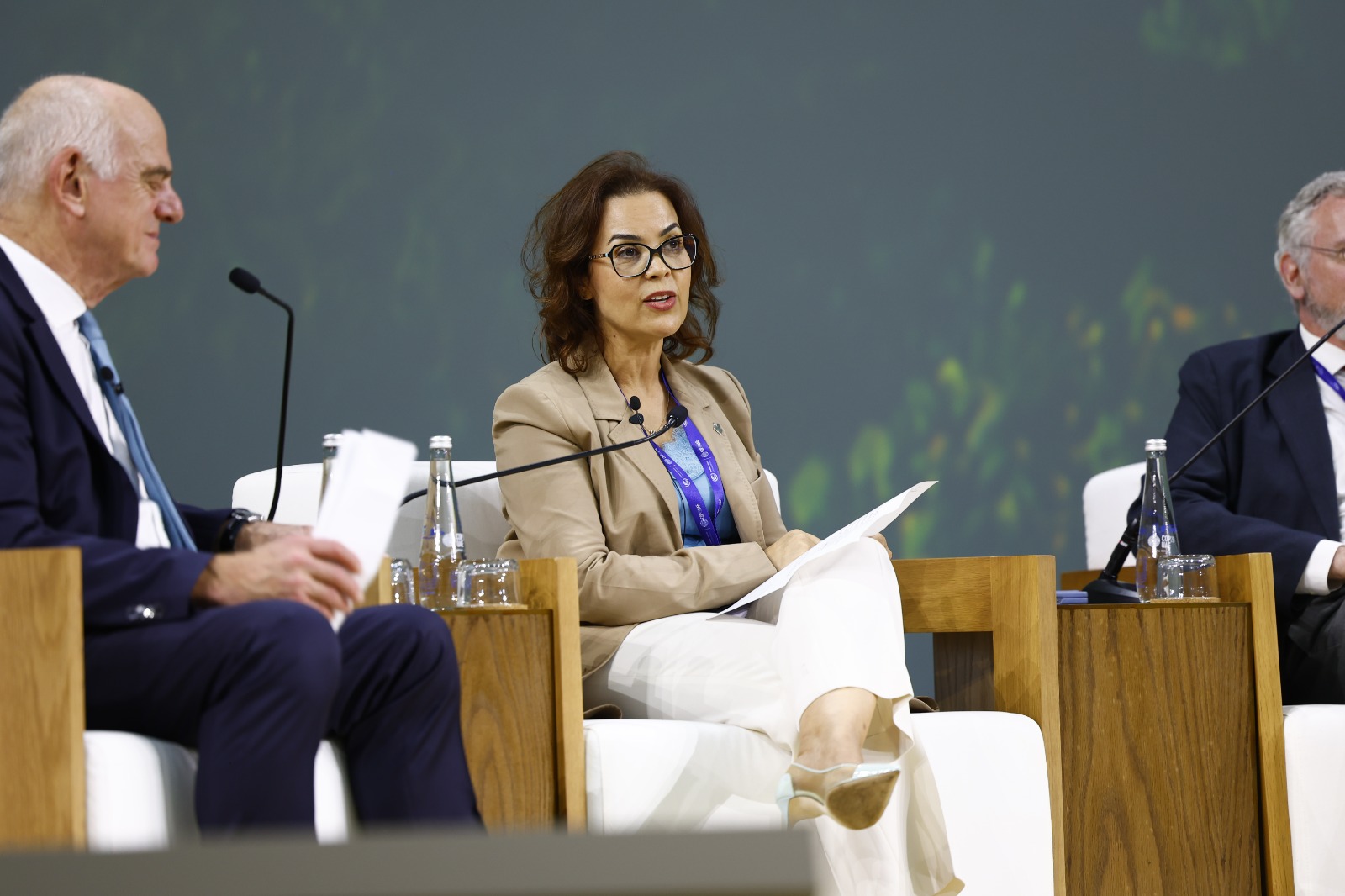
.jpg)




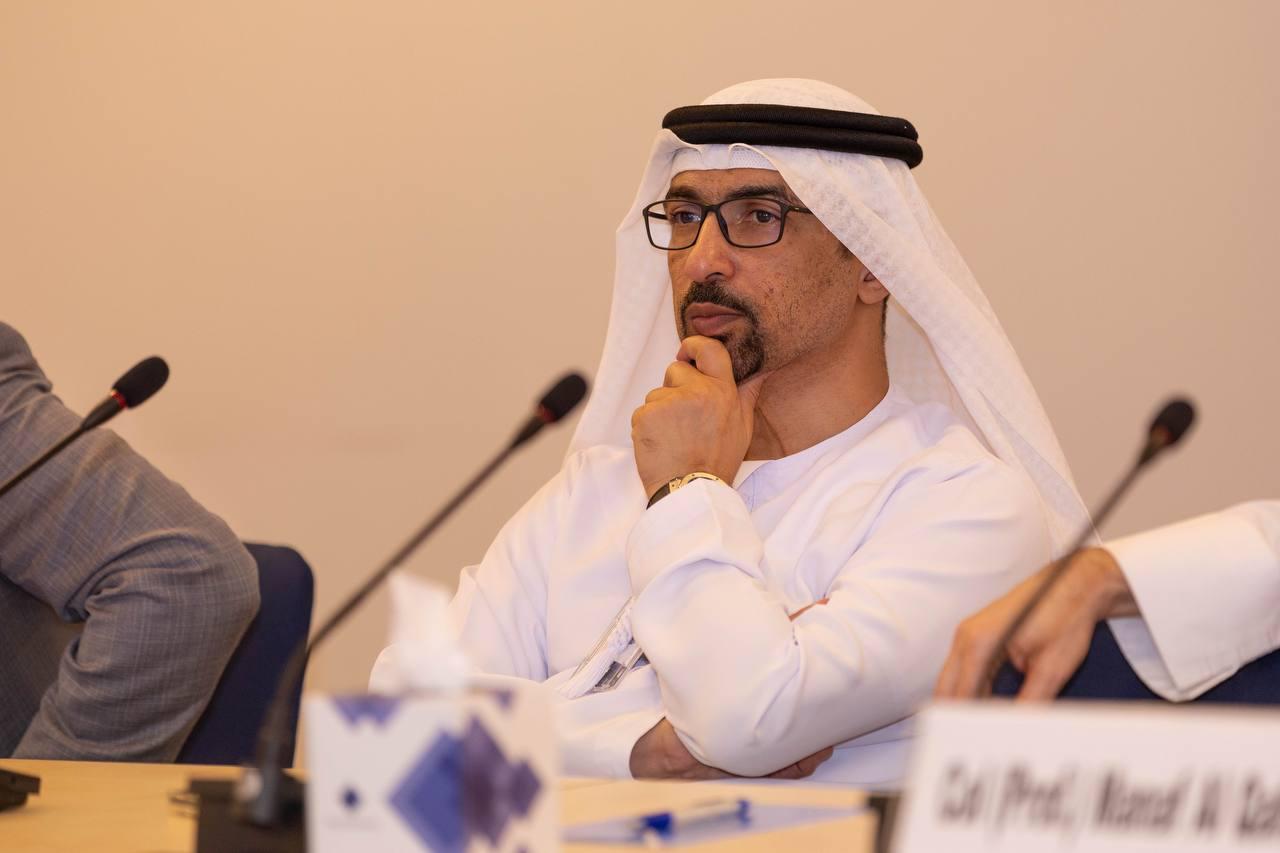

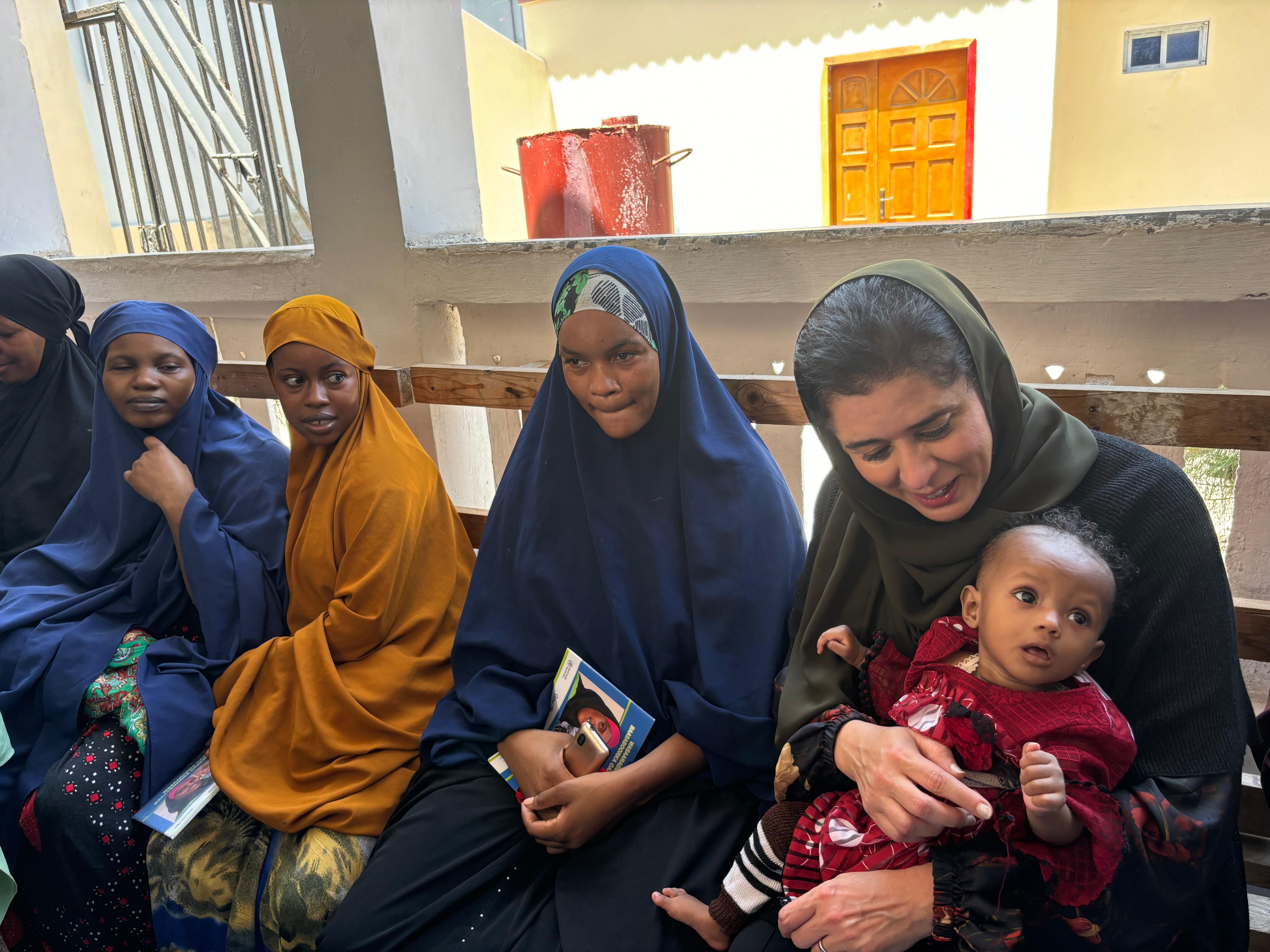
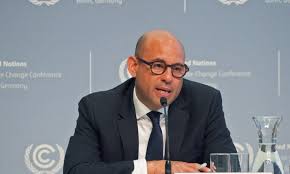

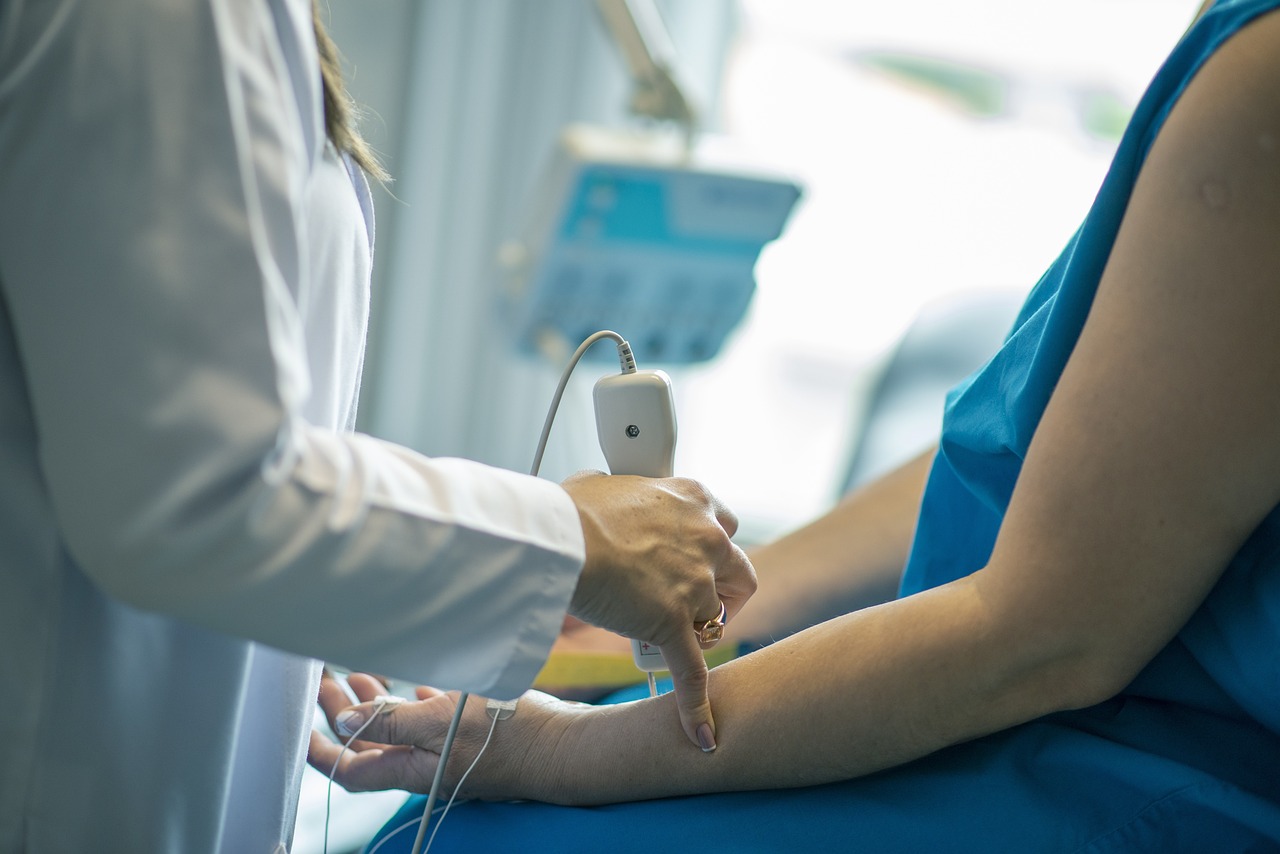
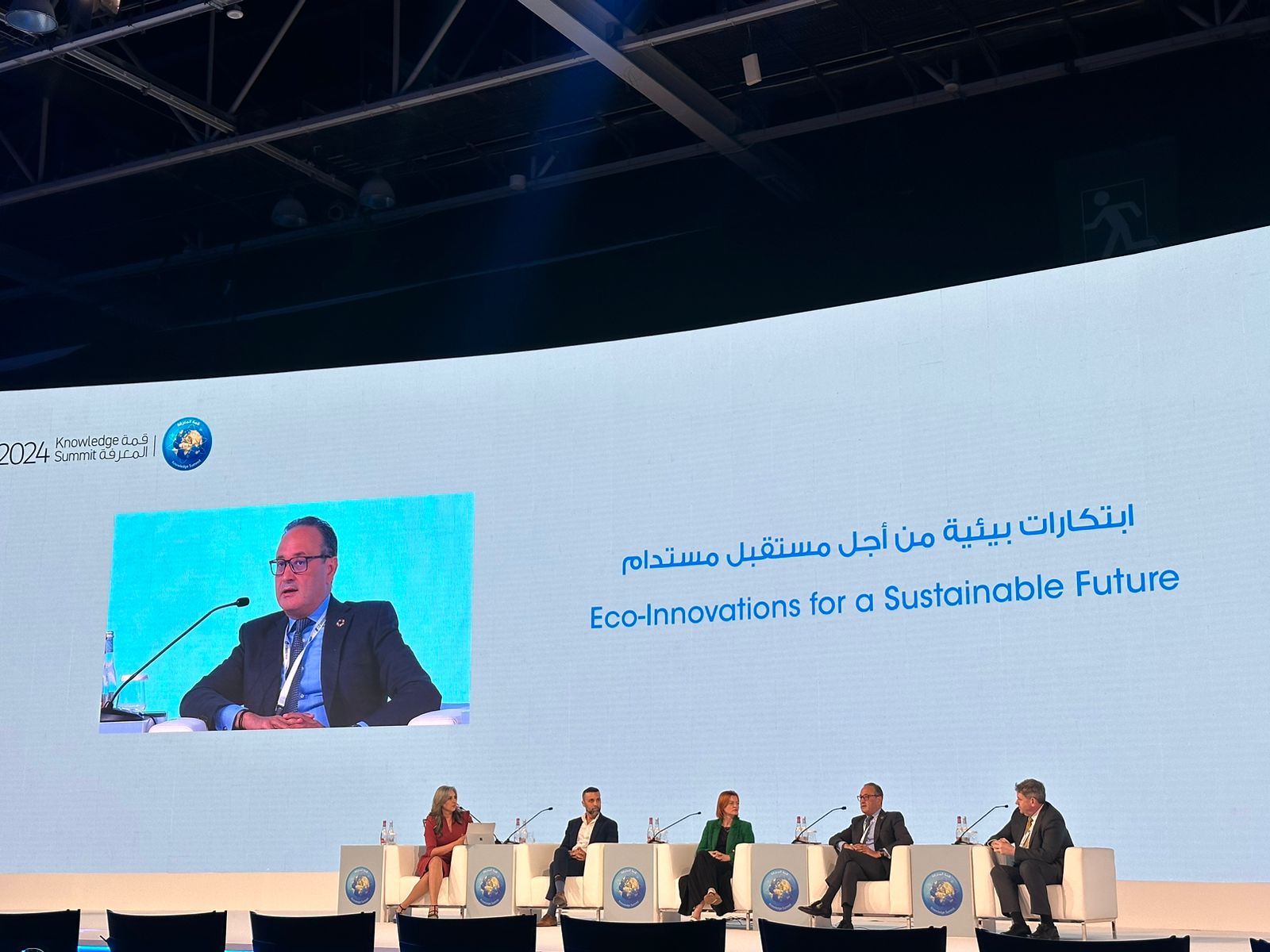
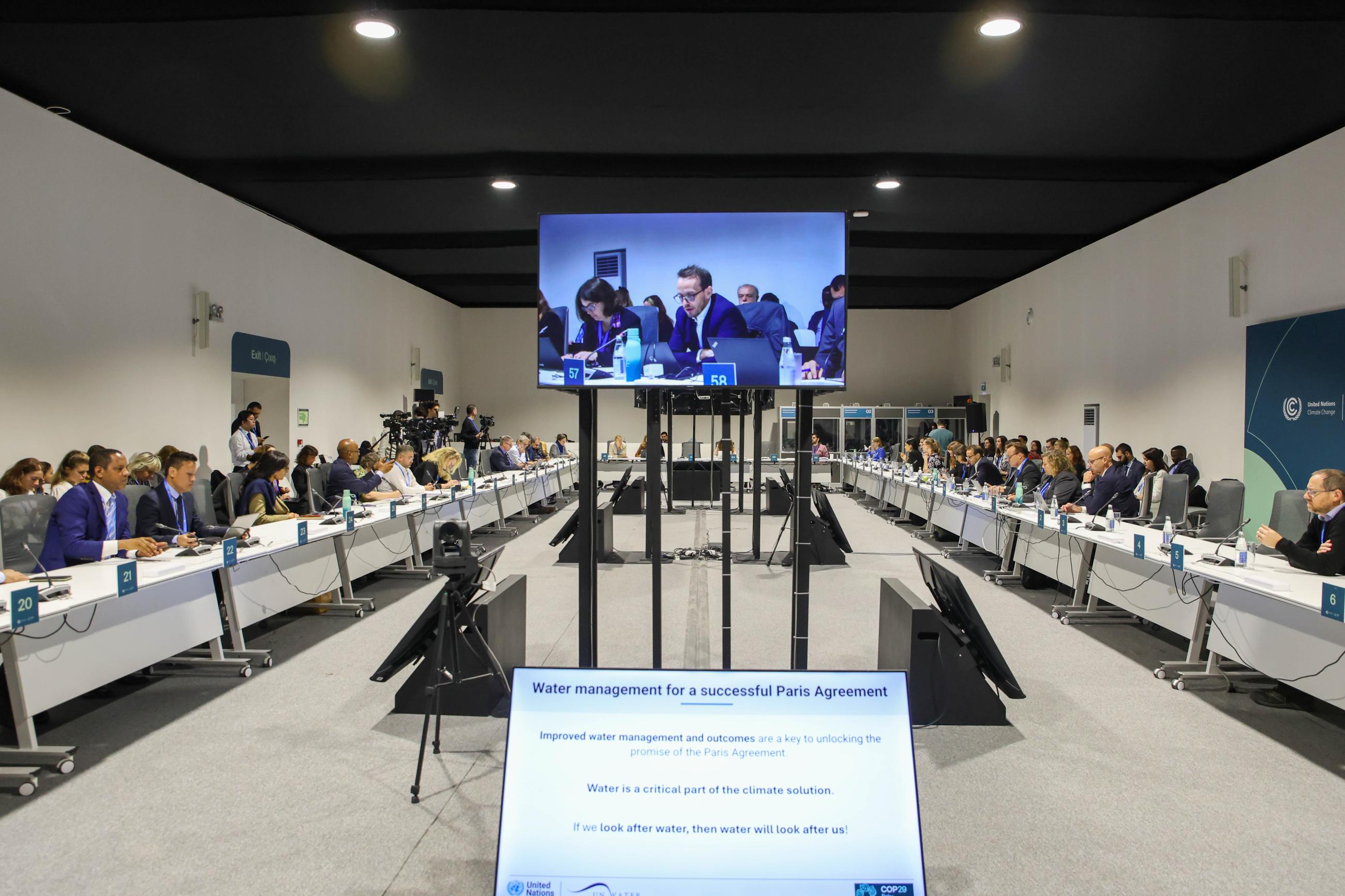
Add Comment